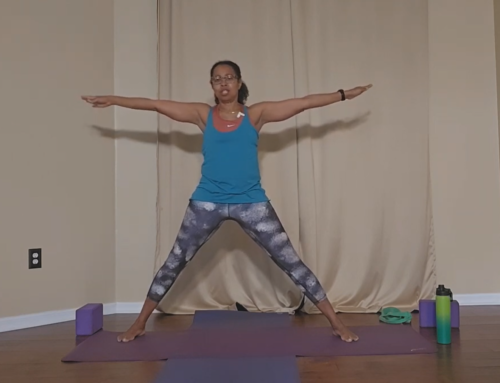In today’s environment,
more and more people suffer with insomnia. Insomnia is a sleeping disorder that sometimes makes falling asleep difficult. It could make staying asleep a struggle, or it can be the inability to get quality sleep. Then there are those who just do not understand the importance of sleep, so they don’t make sleep a priority. Some even boast of their ability to function with just four or five hours of sleep a night.
Scientifically, the research has stayed consistent. It is still recommended that adults get seven or eight hours of sleep each night on average. Teenagers should get eight to ten hours of sleep and younger children need even more.
Lack of adequate sleep is linked to possible increased health risks of heart disease, obesity, high blood pressure, depression, and a weakened immune system. Inadequate sleep can interfere with brain function. Focus, memory, and learning can be compromised. Reflexes may not be as sharp. It can affect your temperament and patience. Sleepless nights can lead to overeating and make you lethargic. If you have a full day of work, you may be less likely to want to work out afterward or expend energy before work to exercise. Children and teens need sleep for growth and development.
There are different stages of sleep.
Non-rapid eye movement (non-REM) occurs during the beginning and middle stages of sleep. While in non-rapid eye movement, you go from light sleep to deeper sleep. Your heart rate decreases, breathing slows, body temperature and blood pressure lowers, your muscles relax, and brain activity slows. During this time, the parasympathetic nervous system, also known as the rest and digest system, is in effect.
Cycling into REM sleep is when you are dreaming. The sympathetic nervous system (fight or flight) is active in this stage. Your eyes move behind your closed eyelids and your brain patterns are active. During the night, if you are sleeping well, you cycle through the stages of sleep three or four times, each cycle shorter than the one before.
Not everyone has the same sleeping patterns. The central circadian rhythm is an internal clock in the brain that regulates the cycle of every cell, tissue, and organ of the body in approximately a 24-hour period. Some people are morning people while others are late risers. But in general, the circadian rhythm responds to light and dark. The hormone melatonin is released when it is dark. Various light sources can disrupt natural rhythms. Nowadays, there is often an overload of our senses and many things that may be disrupting our natural circadian rhythm.
Some things to help with sleep are:
∙ Establish a relaxing bedtime routine like shower, reading, meditating, and dimming lights at the same time each night.
∙ Make the bedroom a sanctuary for rest and sleep, removing electronic devices and television.
∙ Avoid naps.
∙ Exercise earlier in the day or evening.
∙ Avoid eating a few hours before bed.
∙ Avoid caffeine, nicotine, and alcohol close to bedtime.
∙ Begin a meditation practice.



Leave A Comment